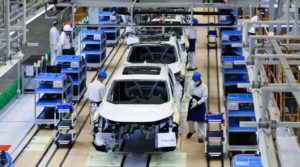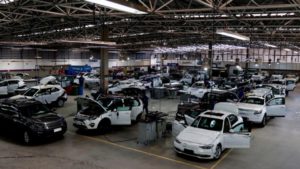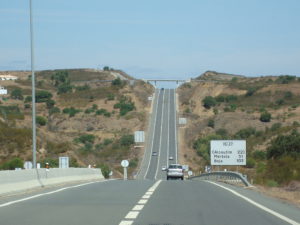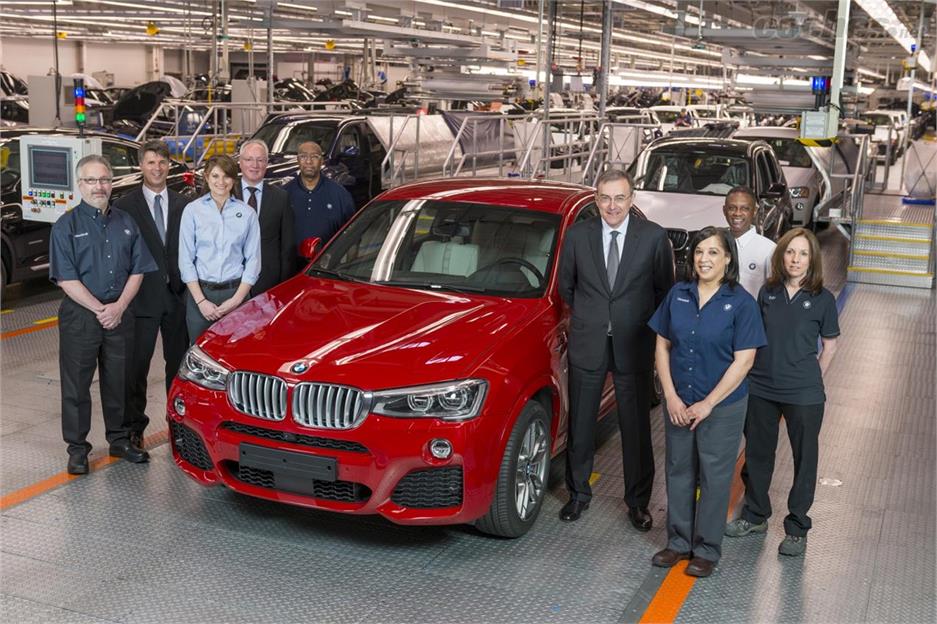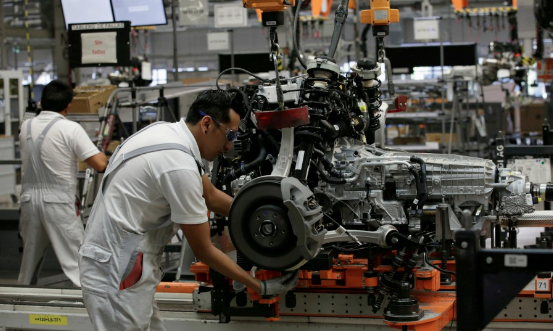
The Portuguese hybridization roll-back Categories: 2021, News Timelines: Portugal
Announcement Date : 12 Januar 2021
The new Portuguese state budget agreed at the end of Novemberis now in effect. In 2021, hybrids (PHEV and MEV) with a minimum electrical range of 50 km, will have less discounts on the ISV (New Car Tax). This will lead to a considerable price increase for drivers buying these cars, leading the Portuguese to look for more economical solutions within the category of petrol and diesel engines (ICE), due to the fact that pure electric cars (BEV), is still and expensive option for a normal user. This outcome is contradictory to the market trend of the last years and the expectation of car manufacturers.
The automotive sector is in an emergency state. In a year where the sector is recording heavy losses, driven by the impact of Covid-19, the expectations were that support would be readily available for an industry that employs over 155,000 people in Portugal and contributes to 20% of the state’s tax revenue. However, the state budget for 2021 has gone against those expectations.
This is also a setback in the environmental goals established by the Portuguese Government. The approval of this proposal pushes back the Governments strategy by several steps, with a very negative impact on the automotive sector consequently.
Hybrid vehicles and increasing in popularity and even represent 50% of the new car sales for some brands, which have invested heavily in the development of these vehicles. There are currently thousands of vehicles that have been pre-ordered that companies will now struggle to sell. Due to the unexpected change of plans and budget, all companies in the Portuguese automotive sector are now forced to adapt a strategy for the next year.
Photo: intereconomía
Factors impacting the Portuguese automotive sector
Counter-cycling
The Portuguese aftermarket could benefit from a counter-cycling initiative, like the measures in force in Spain, France and Italy since June. This measure would represent an opportunity for the Portuguese automotive sector by allowing drivers to scrap vehicles nearing the end-of-life in order to re-invest in a new purchase.
Photo: carburando.ec
Used car imports
The big difference will be the discount on used imports from the European Union (EU). Coming into force in 2021, the ISV calculation formula for used vehicles imported EU countries now includes the percentages of reduction in the C02 component. An indicator indexed to the age of the vehicle. This discount can reach 70%, depending on the age of the vehicle, which will allow you to pay less tax if you buy a second-hand car in another EU country.
photo: noticias.coches.com
Problematic aging vehicles
This Portuguese state budget for 2021 halts the progress in managing the environmental footprint, as the national car parc is very old and the previous trend was to invest environmentally friendly vehicles to counteract this, as well as investing in the future. Not to mention the higher risk of accidents, as older vehicles are less safe. The new budget contradicts all the investment that was being made. The importance that hybrid cars have in reducing pollution in city centers is being neglected, especially in the busiest hours, with emission of pollution from ICEs causing harm to urban pedestrians.
Toll discounts
The discount applies to Class I and II vehicles. Freight vehicles will benefit from a greater discount on the toll price, which will be 35% during the day and 55% at night, on weekends and holidays. This will increase the level of freight activity on the roads, which could have more negative environmental impacts.
Photo: circula seguro
Car parc age
The reduction of taxes on imported used vehicles and the reduction on sales of hybrid cars are measures that will affect the car parc age. The national car parc has an average age of approximately 12 years, a value higher than the European average fixed at 10 years, this is due to the high levels of older vehicles, increased by de-incentivizing new hybrid car sales and incentivizing the purchase used car imports.
Summary
To summarise, the entire business strategy defined for the coming years is needs to be questioned, as well as the commitments assumed and the commitment to finding more responsible environmental solutions. The Portuguese automotive sector will increasingly need to get the market data and adjust their plans to combat these turns of events.













